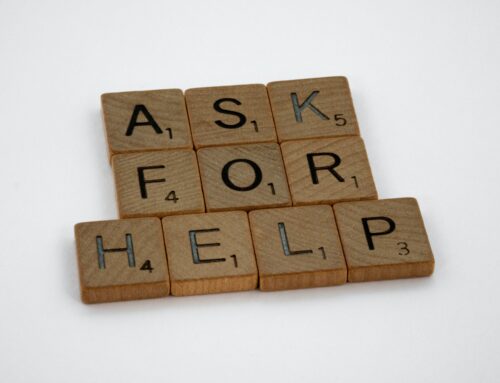We can’t escape the daily, even minute by minute, updates regarding the novel coronavirus (COVID-19) and it’s impact upon our local community and the world. People experience stress and anxiety when there is uncertainty, lack of control, and a perceived threat. The current novel coronavirus pandemic is all of these things! So be gentle with yourself during this challenging time. It’s understandable that you are stressed and anxious. However challenging these times, that doesn’t mean you are helpless or that our collective situation is hopeless. Here are some things you can do to manage your stress during this challenging time.
- Focus on what is in your control and take wise action. Your choices to follow up to date CDC, local, state, and national mandates and guidelines are in your control. Your attitude is in your control. The strategies you use to stay healthy, hopeful, connected, and resilient are in your control. Stay home and imagine how helpful you are being to the elderly and healthcare professionals on the front line. Learn the best way to wash your hands thoroughly. Find positive and productive things that you can do while home.
- Maintain structure and routine while you work from or stay at home. Structure can help contain emotion and routines are grounding and reassuring in the face of change. Maintain your bedtime and wake time routines. Maintain your morning routines; get up, shower, make your bed, get dressed and ready for your day. Maintain your self care routines. If you don’t have great self care routines, this is a great time to form those habits.
- Practice flexibility and creativity as you find new ways to get exercise, nutrition, and socialization. Human beings have been given this amazing brain that is creative and good at problem solving. Put it to use! Need more ideas, the internet is full of creative ideas to navigate this crisis.
- Maintain connection from a distance! We may be asked to stay socially distant from others in order to protect ourselves, the most vulnerable in our community, and healthcare workers, but that doesn’t mean we need to feel alone. Use technology to stay connected to friends and family, meet and chat with your neighbors from opposite sides of the street, participate in online groups. Enjoy nature and its restorative power, while keeping distance from others.
- Maintain perspective on your situation. Notice and acknowledge your feelings without getting caught up in them. Practice soothing strategies. Recognize that difficult feelings as well as difficult times do pass. Individually and collectively, you and society has been through other deeply challenging times and made it to the other side, and so with you and we again. Look for hope, optimism, and courage wherever you can find them. They are there, if you look.
- Limit exposure to news and make sure your sources of information are based on facts and science. Once you have the most important information needed, constant feeds of it only tend to increase alarm and panic. Take breaks from the news and enjoy a movie, a virtual tour of a museum, music, or turn towards spending quality time with those in your home or head outside and enjoy nature.
- Amp up the positive. Practice gratitude, lovingkindness, and generosity. Be thankful for anything and everything that you can: the sunshine, your health, soap, running water, money in the bank, your job, extra time with your family. Leave some toilet paper, fruits, and vegetables on the shelf for the next shopper. Keep your distance, but offer a smile and a hello to your neighbor. Be more appreciative, patient, and loving to your family members. We each have the potential to shine light in the darkness.
Stay safe and healthy during these challenging times.
Here are more resources for further information and support.
CDC Managing Stress and Anxiety during Coronavirus
https://www.apa.org/research/action/speaking-of-psychology/coronavirus-anxiety
https://greatergood.berkeley.edu/
https://www.cdc.gov/coronavirus/2019-ncov/index.html





